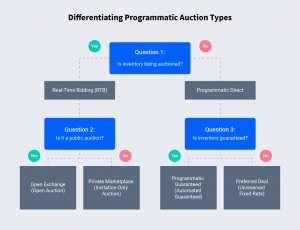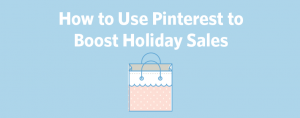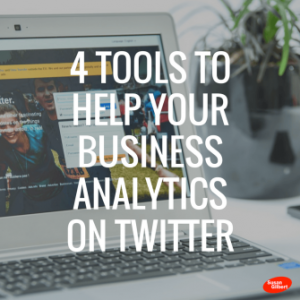It hasn’t been a great year for neobanks. Chime has delayed its IPO and struggled to diversify its revenue after overtures to acquire early-wage-access startup DailyPay for $2 billion fell flat. MoneyLion has been the target of regulatory complaints from agencies including the Consumer Financial Protection Bureau (CFPB) and the Securities and Exchange Commission (SEC). Then there’s Marcus, aka Goldman Sachs’ retail digital bank, the neobank that never quite assembled all the pieces necessary to get off the ground. The nascent consumer division within the Wall Street giant has been burning cash since its debut in 2016, thanks to rapid hiring and a direct-to-consumer strategy. After acquiring a deposit platform and building out an operation to offer unsecured personal loans, Goldman started putting its consumer brand, Marcus, in front of prospective customers via direct mail and online advertising in 2016. Soon after, it acqui-hired Final, a credit card startup, and snapped up Clarity Money, founder Adam Dell’s user-friendly app for personal finance management. The storied bank even hired talent like actor Rosamund Pike to front a TV spot advertising Marcus by Goldman Sachs. “Approach investing in a smart way,” the Gone Girl star told viewers. But the product components that Goldman spun up failed to cohere, and the complexity of the bank’s technology platforms spiraled. Now, Goldman is preparing to lay off as many as 4,000 employees, according to Semafor. With shareholder scrutiny zeroed in on the bank’s consumer-facing efforts, it’s easy to imagine that those teams will be among the hardest hit. Earlier this week, Reuters reported that the bank would be sunsetting its unsecured personal loans, which were originally conceived to be the bank’s consumer beachhead. The executives who launched the Marcus brand have moved on.
Goldman CEO David Solomon, who inherited his predecessor Lloyd Blankfein’s Main Street dreams when he stepped into his role in late 2018, has been not-so-subtly signaling a retreat on consumer initiatives for months.
![]()
“The aspirations probably, you know, were communicated in a way that they were broader than where we’re now choosing to go,” Solomon told investors during Goldman’s third-quarter earnings call in October. He indicated that he would be directing a “purposeful shift” toward becoming a wealth platform that grows via corporate partnership.
Goldman, long the consigliere investment banker to corporate America, is arguably far better positioned to sell to C-suites—who can then bring its products to their employees—than to compete for the scattered attention of middle-class consumers. The bank is also strong in wealth management, an area that has allowed competitors, like Morgan Stanley, to diversify its revenue and manage risk without disappointing Wall Street’s return-on-equity expectations.
Goldman, however, is not the only would-be neobank facing a reckoning. The sector as a whole is struggling: By one estimate, just 5% of the 400 neobanks operating globally are profitable. It can be expensive to acquire neobank customers, and even harder to convince those customers to make a neobank their primary banking relationship. While interchange fees on debit swipes offered neobanks an easy path to day-one revenue, they will not satisfy investors over the long term. Neobanks who targeted lower-income, underbanked demographics may find it difficult to develop and scale lending-based offerings.
Meanwhile, a new crop of competitors has learned to build relationships with consumers through their transactions. There are digital wallets, such as Block’s Cash App, which has used peer-to-peer transactions as a springboard for more lucrative features. There are also the buy now, pay later (BNPL) companies, like Affirm and Klarna, which have successfully expanded from big-ticket items to everyday purchases, solidifying their connection with consumers in the process.
All of which is to say: Solomon’s shareholders have made clear that the neobank music has stopped. How long before Silicon Valley’s stakeholders deliver a similar message?
(9)







